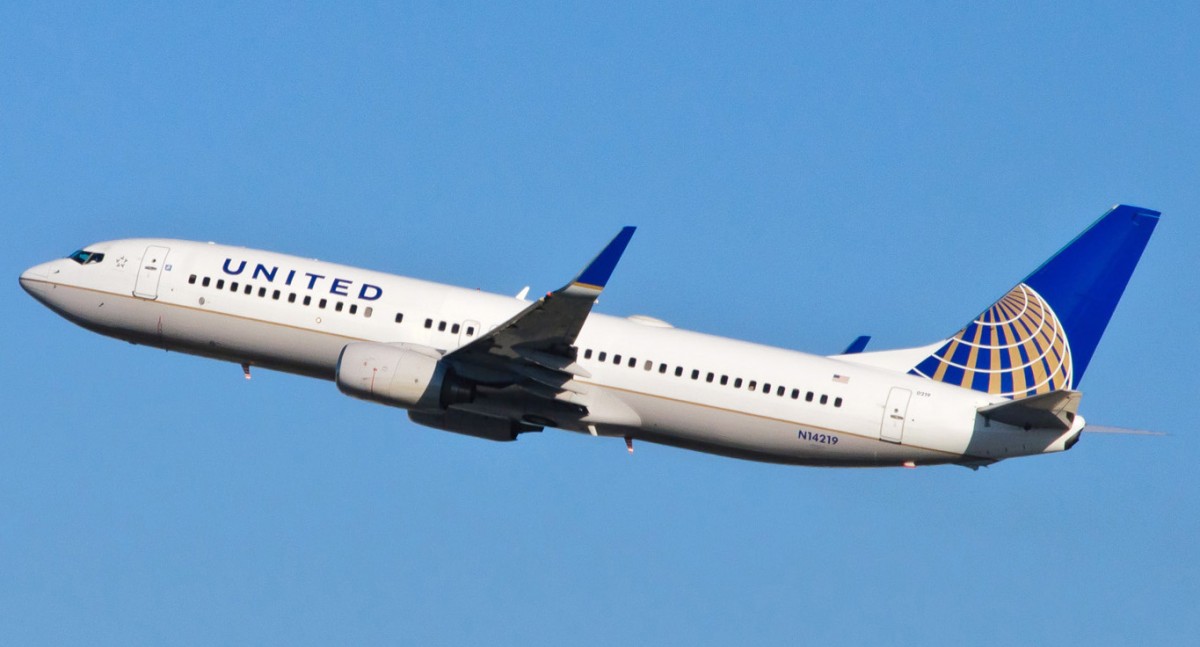You’re at the airport, and it’s an hour before boarding time. You showed up early, went through security, and your bags are checked. Then, you hear the announcement: the plane is overbooked.
The airline offers $400 to any volunteer, and a seat on the next flight — today, tonight, or tomorrow.
Overbooking is a common practice for North American airlines, and the incident at United Airlines last week was an extreme consequence of the policies that allow that practice.
On Sunday, April 9, United Airlines forcibly removed a sixty-nine-year-old passenger from United Express Flight 3411, in order to make room for four employees. The airline offered compensation to any volunteers. When no one was willing to leave, they chose four unlucky passengers, three of which left without incident. When the fourth, Dr. David Dao, refused, he was dragged down the aisle by law enforcement officers.
Tom Demetrio, Dr. Dao’s lawyer, reported in a live press conference, that the man suffered “a significant concussion . . . serious broken nose, injury to the sinuses, [will be] undergoing reconstructive surgery . . . [and] lost two front teeth.” This wasn’t just an incident of forcible removal from the aircraft, it was a removal by use of excessive force.
Demetrio described Dao’s mental state upon running back onto the plane: “He left Vietnam in 1975, when Saigon fell, and he was on a boat and he said he was terrified. He said that being dragged down the aisle was more horrifying and harrowing than what he experienced in leaving Vietnam.”
Dao was powerless to defend himself, suffering from a concussion, and grievously outnumbered. Intense fear is a natural reaction under these circumstances.
Following the incident, many publications including Global News published reports about David Dao’s past, including criminal charges and a history of gambling. This was completely irrelevant, because Dao had a right to his seat just as the other passengers did. He was a paying customer, not a trespasser.
Global News also released a video of the exchange between passenger and officer, showing that Dr. Dao was not displaying any aggressive behaviour. The officer can be heard saying “I will just have to drag you, then.”
That implies a premeditated decision on behalf of the officer, and suggests that the officer thought that was proper protocol. Either he was grossly mistaken, which indicates negligence in his official training, or the actual protocols are in need of a serious overhaul, or both.
There was no remorse shown by United CEO Oscar Munoz either, at least at first. His address to Twitter the day after the incident reads as an apology “for having to re-accommodate these customers.” Apparently Munoz considers the use of unnecessary force a mere inconvenience to customers.
CBC reported an internal memo where Munoz stated that “employees followed established procedures,” that Dao “refused to comply with crew members instructions . . . [and became] more and more disruptive and belligerent,” and that he “repeatedly declined to leave.” Apparently, calmly explaining your right to stay in your seat is what United considers belligerent, and established procedure for such a case is to assault the passenger.
This is to say nothing of an incident a week prior to the incident with Dr. Dao. According to the LA Times, in that case a United customer was threatened with handcuffing if he did not give up his seat on an overbooked flight “for somebody more important.”
In light of these events, reviewing and updating their policies will not be enough for United Airlines to make up for the disgusting treatment of passengers, and in particular their treatment of Dr. David Dao. Munoz has promised a situation like this will never occur again, but in order to ensure that, United would have to completely remove overbooking from their policies completely. Ideally, they would learn from this incident and do just that. Whether they choose to do so remains to be seen.







